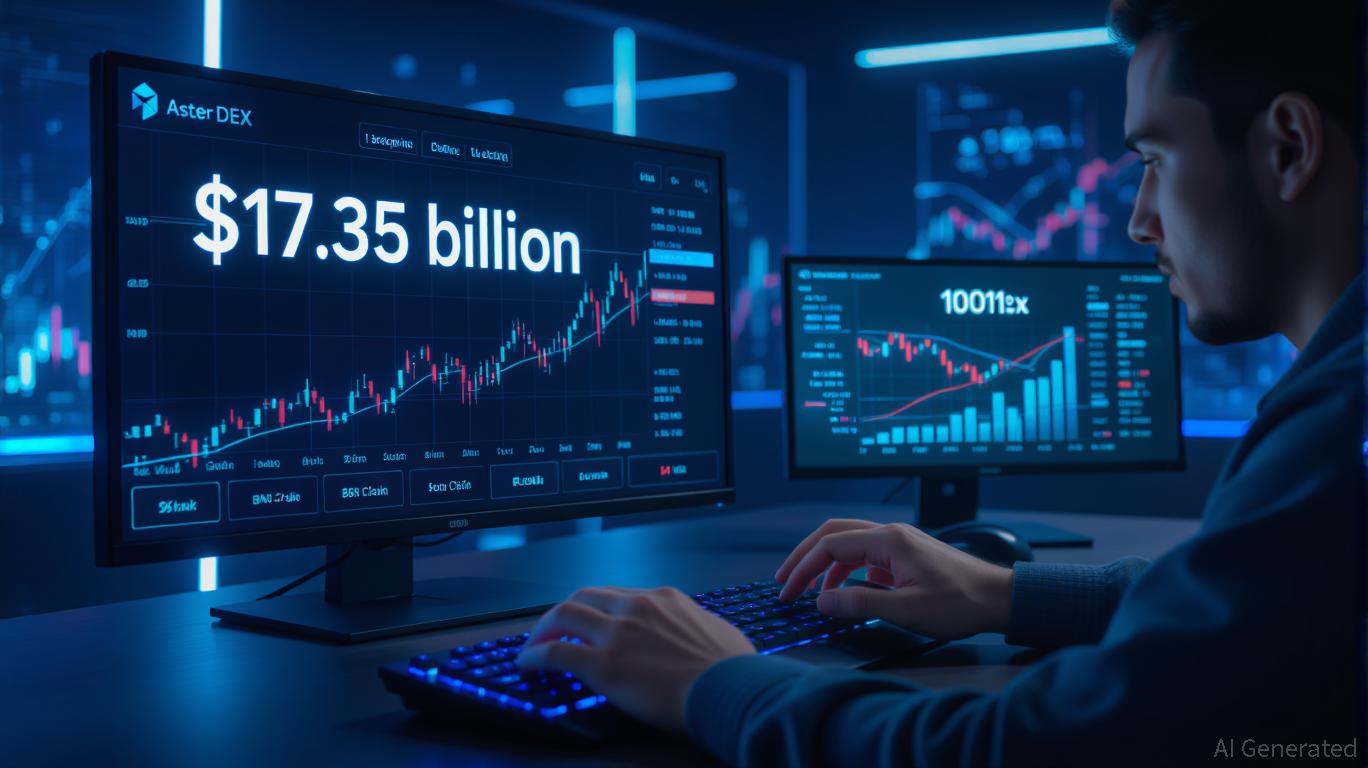Gold vs Bitcoin: Hayes Explains Investor and Country Choices
Arthur Hayes, co-founder of BitMEX, recently shared his views on gold vs Bitcoin and why they play very different roles in finance. According to Wu Blockchain, Hayes said that sovereign nations still favor gold as a safe-haven, while individual investors are drawn to Bitcoin for its volatility and self-custody advantages.
Arthur Hayes: Why Sovereign Nations Prefer Gold Over Bitcoin
— Wu Blockchain (@WuBlockchain) November 8, 2025
On gold vs. Bitcoin differences, Arthur Hayes, co-founder of BitMEX, emphasized sovereign nations still favor gold as a safe-haven, while individual investors prefer Bitcoin’s high volatility and self-custody… pic.twitter.com/jRg22m9PdO
Gold: The Safe Choice for Countries
Hayes pointed out that countries keep gold in their reserves because it has a long history of stability. Governments trust gold to protect against economic uncertainty and currency risks. Unlike digital assets, gold has a physical presence and a proven track record, making it a natural choice for national reserves.
“Sovereign nations still favor gold,” Hayes said. Countries depend on it during financial crises or geopolitical tensions. Gold’s reliability and universal recognition give governments confidence that Bitcoin currently can’t match.
Bitcoin Appeals to Individual Investors
Individual investors, on the other hand, find Bitcoin attractive for different reasons. Its high price swings create opportunities for gains. At the same time, its decentralized nature allows people to hold their funds themselves without relying on banks or governments.
“Investors like Bitcoin’s self-custody,” Hayes explained. They can store and transfer it digitally, giving them control over their wealth. Bitcoin offers a practical alternative to gold for those who want autonomy and protection from inflation.
Bitcoin Could Follow Gold’s Story Over Time
Hayes also suggested that Bitcoin might align with gold in the long run, especially in the context of dollar debasement. If the U.S. dollar loses value due to inflation or other factors, Bitcoin could act as a hedge similar to gold.
However, he stressed that countries will still treat gold differently than Bitcoin. Governments are unlikely to adopt Bitcoin at the same level, so short-term performance between the two assets could differ.
Geopolitical Changes Might Boost Bitcoin
Hayes highlighted recent developments that could support Bitcoin’s long-term value. He mentioned Yuan-settled oil trades between Saudi Arabia and China as an example. These deals show a shift in global trade away from the U.S. dollar.
“This change could strengthen Bitcoin over time,” Hayes said. While gold remains the top choice for governments, Bitcoin may grow as a hedge for individual investors and international markets adapting to currency shifts.
Understanding the Big Picture
Hayes’ comments on gold vs Bitcoin show why governments and individuals choose different assets. Countries seek stability with gold. Investors seek autonomy and potential growth with Bitcoin.
As markets change, both gold and Bitcoin may coexist as complementary hedges. Hayes’ insights show how people and nations approach financial security in today’s evolving global economy.
Disclaimer: The content of this article solely reflects the author's opinion and does not represent the platform in any capacity. This article is not intended to serve as a reference for making investment decisions.
You may also like
ZK Atlas Enhancement: Driving Blockchain Expansion and Attracting Institutional Investments
- ZKsync's Atlas Upgrade (Oct 8, 2025) breaks scalability barriers with 15,000+ TPS, near-zero fees, and ZK proofs enhancing Ethereum's Layer 2 performance. - Innovations like Airbender proof system (40% lower overhead) and multi-VM compatibility enable seamless DeFi interoperability, attracting institutional capital seeking secure, scalable infrastructure. - Post-upgrade ZK token surged 50%, reflecting investor confidence, while partnerships like Grvt's $19M funding signal active institutional adoption of

Astar (ASTR) Experiences Price Rally in Late October 2025: Institutional Interest in Blockchain Interoperability Rises
- Astar (ASTR) price surged in late October 2025 as institutional interest in blockchain interoperability solutions intensified. - Astar's migration of DOT functionalities to its Asset Center improved cross-chain efficiency, attracting institutional trust. - Partnerships with Bitget, Startale Group, and Japan's Web3 leaders strengthened Astar's role as a bridge between traditional finance and decentralized ecosystems. - EURAU stablecoin's CCIP expansion highlighted growing institutional consensus on intero

DASH Aster DEX Listing: Driving DeFi Advancement and Broadening Liquidity
- Aster DEX's 2025 listing bridges centralized and decentralized markets via HTX/Binance.US integration, boosting DeFi accessibility through multi-chain support on BNB Chain, Ethereum , and Solana . - Its yield-collateral model offers 5-7% returns on assets like asBNB while trading, combined with 1001x leverage in "Simple Mode," disrupting traditional DeFi's yield-trading dichotomy. - TVL surged to $17.35B post-listing, driven by institutional/retail confidence in cross-chain efficiency, though $151M 24-ho

